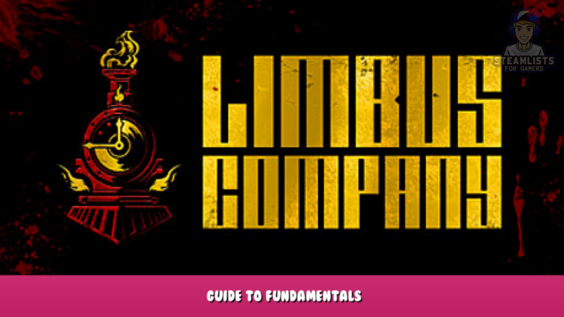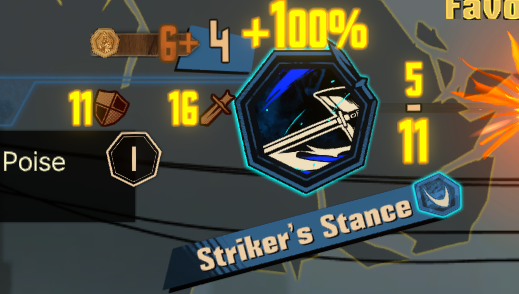
Hey there, welcome to this post, In this guide, we will tell you everything about Limbus Company – Guide to Fundamentals Follow this guide step by step.
Learn the fundamentals of strategy, teamwork, and skills in no time.
Intro
Let it be said before we begin that this guide should be taken with a grain of salt, as this game is not even 24 hours old. There is no defined meta as of yet, and some mechanics might not be understood entirely.
That being said, many people are reporting getting hard-stuck on 2-18 or 2-12, which means that the tactical level of the game might be tough to wrap one’s head around. I’ll do my best to explain what it takes to win.
I have yet to clear episode 3 yet, so I’ll update within the next few days in case I’ve gotten something horribly wrong.
Fundamental Overview
This guide isn’t intended to touch on the basics of combat, as that is more or less well explained in the game and the project moon tutorial videos, starting with this one.
That being said, we can touch on a few important things.
This is what your action looks like. It’s how you tell what your ability does.
The numbers on the right (5/11 in this example) are your roll ranges. The 4 you see to the left of the glowing 100% is your actual base damage. In this case, the roll starts with a 5 minimum because of some contextual bonus in the case of the screenshot that I can’t quite identify.
The 11 is your theoretical max roll/damage. You’ll notice the +6 next to the coin. This tells you that you will recieve plus 6 base damage on a successful coin flip landing on heads, which is what the roll range refers to. It’s not a proper random range like most games, and is instead a literal 50/50 between 5 and 11, not counting external factors.
The 100% does not affect your roll, only your damage. So a successful hit with a heads will lead to 22 damage. (probably.)
The sword and shield icon, aka the attack and defense stats, decide the roll if you turn that ability into a defensive one, by long pressing the icon in the action bar (thanks to Manokla for that info)
Def corresponds to dodge and guard, meaning that turning this action into a guard will give you a roll of 16. The sword refers explicitly to counters, the last of the three defensive options. Each identity has access to one defensive maneuver, so consider that.
Also, regarding attack stats, a higher attack stat than the opponent will increase your roll, by +1 for every multiple of five. A subtle mechanic, and mostly useless, but good to know. (Thanks to Karuadin on reddit for this.)
So now you know how attacks work. What about clashing?
What defines a clash is pretty well explained, so i won’t go over it here. However, how coins work in clashes in not.
In essence, it goes like this. If you win a clash with a higher coin, neither takes damage. However, the loser loses that coin, and the winner keeps his. For instance, if a sinner with three coins in his attack clashses with an opponent with two, and the sinner manages to beat both of the opponents attacks, he will strike him uncontested three times for every coin. However, if the opponent manages to beat one of the clashes, the sinner will consume that coin before clashing again.
In this example, if the opponent wins one clash but loses two, the sinner will strike him two times.
Really though, this is the least important part.
This is what you want to look out for. The game will just outright tell you how hard the advantage lies on you for any individual attack. It goes from favored to dominating in positive, and struggling to hopeless in negative. If you simply select actions that are positive, then you will be fine for that round. You don’t really need to study the intricacies of every move.
And one last thing to note that is extremely important: sanity affects the likelihood of a positive or negative roll. If you aren’t using your ego’s and are building a positive sanity for your team, then you will most likely roll heads almost every time, making it consistent and reliable.
We sincerely thank you for reading the Limbus Company – Guide to Fundamentals and hope you found them useful. Please feel free to call out any mistakes or offer suggestions for enhancements in the section below, and we will fix them as soon as we can. You have my very best wishes for today. Ghotty, the author and originator of this post, is to thank for the inspiration. Also, if you like the post, don’t forget to save us to your bookmarks; we update new posts every day with additional material, so be sure to check back with us frequently for more posts.
- All Limbus Company Posts List




Leave a Reply